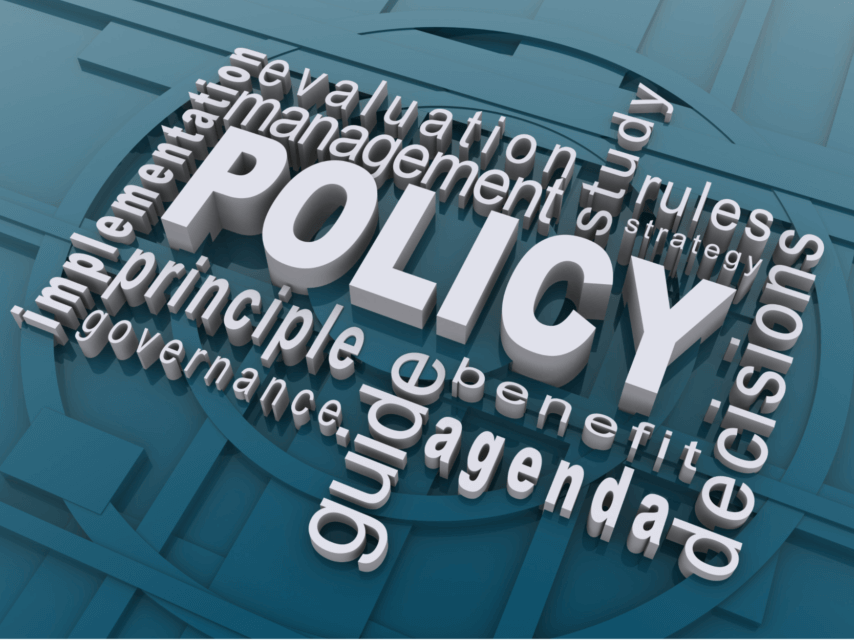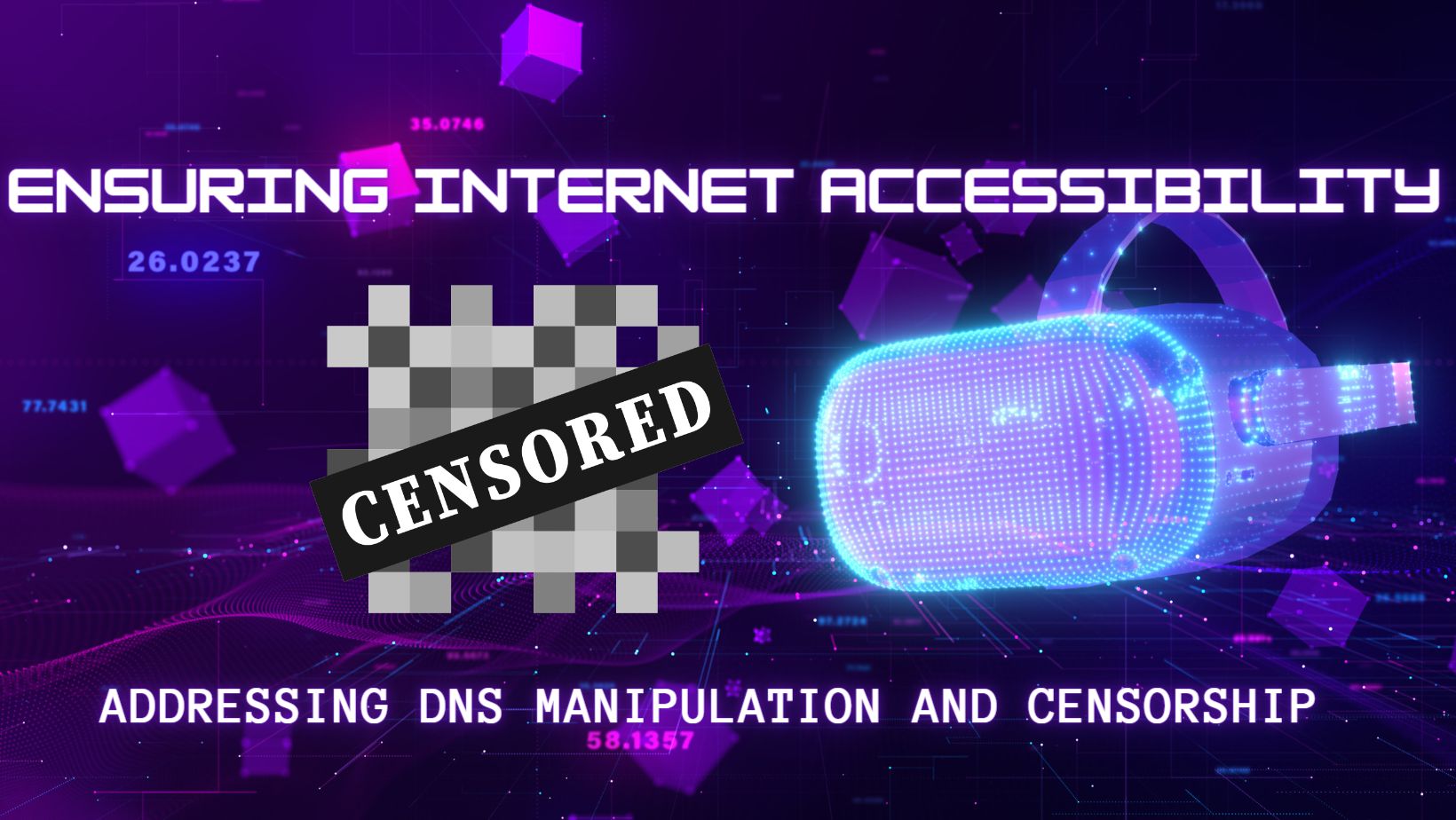Leading transformation through policymaking: the change that will make this World a better place to live in begins with you and your ability to advocate for those things you care about most. Public policy plays an integral role in our lives. It defines and shapes the standards of living we all share, how our tax money is spent, what rights and opportunities we enjoy, and how we interact with each other in our daily lives. So how can we influence policymaking to get the results we want? How do we enact positive change? The key? Having the knowledge and skills to apply this new kind of advocacy called public policy advocacy to achieve the changes you want to see in your community, city, state, or country. In this article, you will learn about public policy and how to use policy advocacy as an effective way to make change happen from an advocate and a former lawmaker’s perspective! Join us at Advocacy Unified Network to help transform the World into a better place!
Understanding legislation
Legislation is rules, laws, and other regulations created by governments. Legislators represent their constituency at local and federal levels, drafting policies and implementing changes. Political parties are formed to gain a majority of seats in the legislature for promoting specific policies – sometimes at cross purposes with other parties. NGOs work alongside lawmakers to help achieve social change; they lobby in favor of particular issues or support legislators’ draft policies from scratch. In an ideal situation, once laws are made, civil society groups act as watchdogs on policymakers to ensure legislative action is carried out efficiently; when necessary, they file complaints against public officials if legislation is not being appropriately implemented. Together these organizations work towards a common goal of improving government transparency and strengthening democracy while addressing critical issues like equality and diversity. With policymaking playing such an integral role in society, it’s no wonder it attracts passionate individuals who want to effect real change. For them, business opportunities abound because it’s never been easier to participate. But what does policymaking entail? How can you get involved? How do you create a lasting social impact? It all starts with understanding how policymaking works so you can formulate a plan of action based on your passions and interests. By breaking down its key components, we can identify steps for making positive change through policymaking – one step at a time.
First, let’s examine why policymaking matters. Merriam-Webster defines policy as the direction or general procedure followed in conducting an affair, especially: a definite course or approach adopted and pursued by persons in authority. Government bodies must develop policies that cover every aspect of running their jurisdictions. They also must conduct themselves according to constitutional law, which stipulates guidelines for conducting fair elections and respecting civil rights. Meanwhile, businesses must abide by legal requirements under labor laws regarding minimum wage and working conditions. Civil society organizations fight for social justice through grassroots activism campaigns driven by volunteerism, membership dues, and fundraising efforts—although some NGOs receive grants from international donors like USAID. All these players have different objectives but ultimately share a common goal: achieving societal transformation through policymaking. How do you affect change through policymaking?
How do laws get passed?
We need to first look at where ideas come from and how those ideas become laws or policies to understand how. Ideas start with research conducted by think tanks – nonprofits, universities, and private firms tasked with analyzing trends across industries or regions. Then they provide information to decision-makers who determine whether there’s enough support for developing new policies. If there is, legislators draft bills and submit them to committees where experts weigh in before presenting legislation to plenary sessions where debate takes place until consensus is reached (or not). Once approved, bills go before executive branch agencies responsible for implementing new rules within specific timelines. And once they do, there’s another set of stakeholders to contend with—Congress, state legislatures, and city councils. This is where you will find our elected officials and those who work for them—the electorate. And then, of course, there are all of their support staff—the bureaucracy. Your job is to influence these people so they can push your idea or policy through both houses of Congress and get it signed into law by POTUS. It’s not impossible, but you need allies in high places—at every level of government and among interest groups on all sides—to get it done. To learn more about how you can use public policy to improve society, contact an international NGO like Advocacy Unified Network. We will be able to explain how policies affect global issues like education, healthcare, and poverty. Then start making calls!
To learn more about public policymaking, check out our website www.aunetwork.org or contact us directly. We are working with governments at all levels (and have probably worked with yours). You might also want to reach out if you are interested in social entrepreneurship or international aid; AUN might be able to help you connect with a local NGO or provide additional insight into how organizations like yours operate on a larger scale.
What are laws made of?
When you hear someone say the law, you probably think of national and international governments. Although these are often the ones who create laws, other groups are involved in making them, such as city councils, universities, and international NGOs. How does a law get made? What role do cities play in creating laws? Is every law created equal? Let’s look at how laws are made and examine their impact on our lives. What is public policy?: Public policy is all about making decisions to influence social issues or help people through legislation or regulation. These policies can be implemented by any number of organizations—city council members, university administrators, or even private corporations like Walmart—but what they have in common is that they attempt to tackle problems within society using government-like methods. For example, let us consider how a city might try to tackle homelessness using public policy. This could include anything from building more shelters to providing outreach services. We’ll take a closer look at some examples later in this post.
Why should I care about public policy? If you want to learn how to start a business, you need to know how it works with public policy. Businesses operate within a legal framework set up by local and federal governments. Suppose your business idea involves working with certain products or services. In that case, you need to understand which regulations exist around those things so that your business does not run afoul of any existing rules. For example, if your business idea involves selling food products, but there is already an established health code governing restaurants in your area, it would be wise to check into those regulations before launching your new venture. You do not want to throw only to find out that you are not allowed to sell what you thought was a healthy treat!
What are some examples of public policy?
There are many different types of public policies, ranging from education initiatives and anti-discrimination laws to tax codes and environmental protections. However, most fall under three main categories: economic, social, and political. Here is a quick breakdown of each one:
Economic: Anything related to money falls under economic policymaking. Examples include taxes, trade agreements, and labor laws.
Social: Laws explicitly designed for improving quality of life fall under social policymaking. Examples include civil rights laws and anti-discrimination measures.
Political: Anything involving voting or elections falls under political policymaking. Examples include campaign finance reform and voter ID laws.
Why does law exist?
Have you ever wondered why there is law, what purpose it serves, and how it helps create balance in society? Law is defined as any rule of action enforced by a governing body. Law helps keep civilization structured and bound together, an essential element for social stability and population health. Public policy — or laws enacted to serve public health and well-being — are often controversial because they are made to benefit all members of society but can cause unintended consequences for those whom these policies were meant to protect. For example, seat belt laws have been proven to save lives and reduce injuries from car accidents; however, some people feel that seat belt requirements infringe on their freedoms.
Similarly, government regulations on smoking have been shown to reduce lung cancer rates; however, smokers’ rights groups argue that restricting smoking violates their rights to choose how they live their lives. Regardless of whether or not you agree with specific policies, it is critical to understand that our World would be very different without them. Laws and policies help ensure that we don’t hurt each other too much when we daily. Without them, chaos would reign supreme! To understand how public policy works, let us look at its history… When did public policy begin?: A long time ago, even before governments existed, humans had to develop ways to manage themselves and organize themselves into societies. They had rules governing everyday behavior (like not stealing!) and special procedures for resolving disputes between individuals (like an informal arbitration process). Eventually, many of these rules became codified into formal legal systems. However, most historians believe that current public policy began around 100 years ago in Europe during a period known as industrialization. Industrialization was a huge turning point in human history because it brought massive changes to people’s lives and work. Industrialization caused cities to proliferate, created new jobs, allowed goods to be mass-produced, and resulted in higher living standards for many people.
However, industrialization also caused severe problems like pollution and disease outbreaks due to crowded living conditions. During this period (around 1870), lawmakers began passing laws to improve public health by regulating working conditions and sanitation practices within factories. Today, public policy has expanded beyond sanitation practices to include education, transportation, energy, and more. How does public policy work?: There are two primary components of every piece of legislation: intent and implementation. Meaning refers to what legislators hope to accomplish through creating a particular law or regulation. Performance refers to how officials carry out that intent, including drafting bills and setting budgets. It is important to note that plan does not always translate directly into outcomes. At the same time, legislators may intend for new laws or programs to solve specific problems; there are always numerous factors outside their control that could influence outcomes. In addition, implementation isn’t always carried out exactly as planned either; lawmakers may not fully understand the ramifications of implementing a particular bill until after it has passed into law!
What does a law look like?
In most cases, public policy is codified (i.e., written down). However, many laws are unwritten—they’re passed by traditions or customs and thus not always written down somewhere. In both situations, what you’re looking for is something that can be enforced by governmental bodies and international bodies of authority. For example, if your city passes an ordinance requiring all pet owners to license their pets with the local government—that would be considered public policy. If a company makes it mandatory for employees to wear uniforms on Fridays, that is also regarded as public policy.
Laws do not have to apply to people either—sometimes, they apply to animals or even objects. If your state requires all drivers to carry auto insurance, that’s also an example of public policy. As long as some enforcement mechanism is attached, it qualifies as public and therefore qualifies as public policy. Write a professional blog post based on the following description: A guide about using public policy to improve our World. It should include how do we influence them and why we need them? How does law-making work? What does a law look like? And how do we make one? It should include examples from around the World about specific laws made and changed over time. And lastly, it should end with how we use these policies to make our World better? Should focus on examples from around World, historical context, etc. Because I want my readers to understand what public policy is all about and how we can use it to change our World, I focus on how change happens and how you influence policymaking and decision-making to achieve the change.
Enforcement of laws
It is essential to enforce laws and policies, and it builds trust among people who rely on enforcement agencies. If they see consequences for breaking the rules and policies, they feel more comfortable following them. This can be done through fines, fees, or even time in jail, depending on how severe the crime was. However, if we do not enforce laws, people do not feel motivated to follow them because they know nothing terrible will happen if they break them. There are different ways of enforcing laws, but some countries have punishments that seem very harsh compared to others. For example, in Saudi Arabia, you can get put into prison for eating during Ramadan (the month when Muslims fast from sunrise to sunset). In other countries like Canada, you could get fined for jaywalking. Both of these punishments are fair because they both fit their crimes and don’t go overboard with harshness.
Another thing that could be considered fair is when some companies use their employees as an army against illegal activity. Companies like Uber use undercover drivers who try to catch other drivers without proper licenses or insurance, making sure no one gets away with doing something illegal while using their services. These methods are effective because they help keep people safe and help make certain things are being run properly.
In addition to punishment for lawbreakers, governments should also reward those who obey their laws. For example, many governments give tax breaks to families with children or offer specific benefits such as education programs or healthcare coverage for those who pay taxes regularly. These incentives encourage good behavior and discourage bad behavior by promoting positive actions rather than punishing negative ones.
Another way governments can encourage good behavior is by rewarding businesses that follow regulations set out by policymakers.
Getting involved with law-making
Does it matter who is in power or what their political ideology is? Does politics affect my life? How can we get involved with policymaking, and are there things we can do to influence law-making—tips for more effective participation in law-making. We need to know how our governments work and how they can be improved by involving ourselves in all aspects of decision-making, from voting at elections, attending public meetings about new policies or laws, writing letters to newspapers, supporting charities, and volunteering possible. We also need to know how our governments work to hold them accountable when they don’t deliver results that benefit us all. That is why understanding how government works is essential. It helps you understand your role in democracy and makes you feel empowered because you become part of a process that shapes your community, state, or country. You want to be able to shape decisions that affect your future and help create a world where everyone has equal opportunities. But most importantly, it is fun! So let us start now by joining hands and being a part of the Advocacy Unified Network – AUN.





